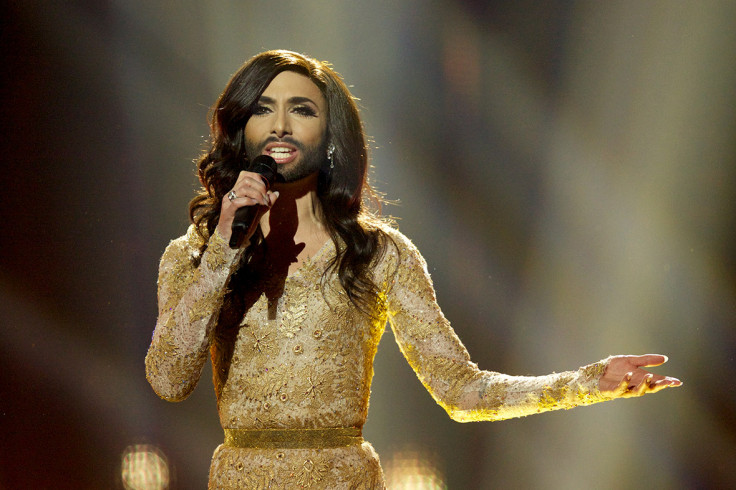Russia Bans Conchita Wurst Eurovision Victory Parade to 'Respect Morality' Of Children

Russian authorities have banned a proposed parade for Eurovision winner Conchita Wurst over concerns it will escalate into violence.
An application for the parade for openly gay bearded drag artist Wurst – real name Thomas Neuwirth – was turned down by officials over fears it would "provoke clashes between gays and their opponents".
Austrian Wusrt, who won the song contest with her song Rise Like A Phoenix, already received opposition in Russia before the competition took place.
More than 23,000 people signed an online petition calling for any Russian television station who broadcast the Eurovision final to be banned because Wurst was taking part.
St Petersburg legislator Vitaly Milonov also described Wurst's appearance in Eurovision as proof of "spiritual decay".
The Conchita Wurst March of Bearded Women and Men was planning to take place on 27 May, a day which would have marked the 21<sup>st anniversary of homosexuality becoming legal in Russia.
However, opposition to the parade stems from the county passing its "gay propaganda" laws, which forbids discussing "non-traditional sexual orientation" towards children and suggesting gay relationships are equal to heterosexual ones.
"We informed them that the event could not take place," Moscow's security department Alexei Mayorov told Interfax. He added the decision was based on the need to "respect morality in the education of the younger generation".
The parade never looked likely to take place. In 2012, Moscow upheld a ban on gay pride marches in the Russian capital for the next 100 years.
Opposition to Wusrt continued in Russia after she was declared the winner, with men taking to social media to post pictures of themselves shaving off their beards in protest.
Vladimir Zhirinovsky, head of Russia's Liberal Democratic party, also described her victory as the "end of Europe".
Not everyone in Russia is against the singer. She was awarded five points by the country in the public vote and Rise like a Phoenix topped the Russian iTunes download charts for days after the competition finished.
Wurst described winning the competition as a "victory for all those people who believe in a future without discrimination".
© Copyright IBTimes 2025. All rights reserved.






















